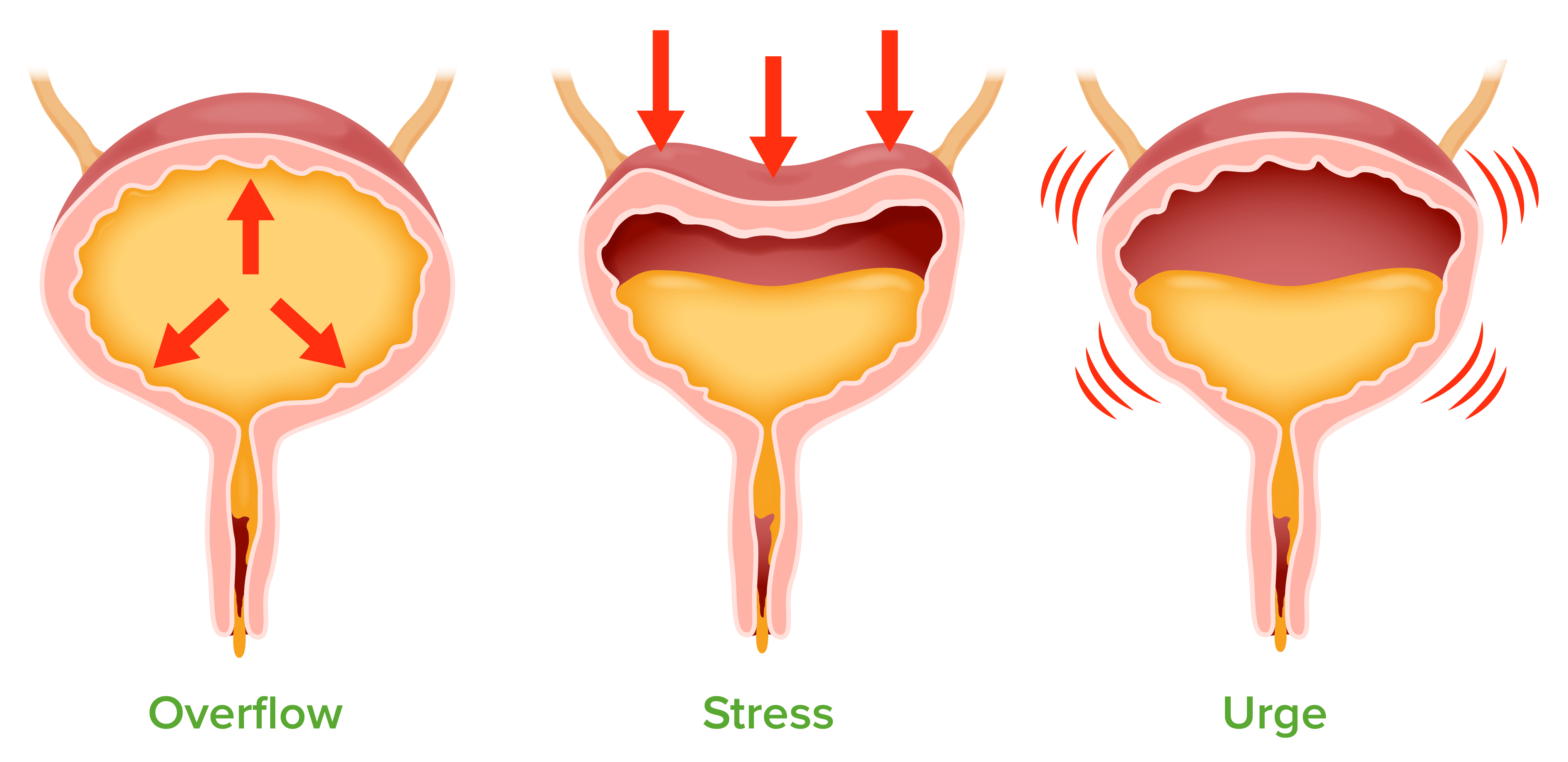


The condition may be temporary or chronic, depending on its cause.Īccording to the Urology Care Foundation, millions of adults in the United States experience urinary incontinence. In other cases, you may experience only minor leakage. In some cases, you may empty your bladder’s contents completely. These include recurrent infections, stone formation, renal deterioration and bladder cancer.Urinary incontinence happens when you lose control of your bladder. The long term aim management aim is to correct the underlying cause (if possible) and to prevent complications which may arise from long term indwelling catheters or long term CISC. resection of prostate, removal of stones/tumours and dilatation of strictures. clean intermittent self catheterization – CISC).If the underlying cause is obstruction, surgery may be required e.g. This may either be an indwelling catheter (stays in place and is connected to a urine bag) or a single use, disposable catheter (where patients learn to catheterize themselves a few times a day to empty the bladder completely a.k.a.
#OVERFLOW INCONTINENCE FULL#
The immediate treatment would be to empty the full bladder using a catheter (a thin tube passed through the urethra into the bladder).

Damage to nerves supplying bladder muscles directly.Spinal cord disease, tumors or injury from trauma.Congenital – Patients are born with spinal cord defects like spina bifida.Damage to the nerves supplying the bladder muscles from the brain or spinal cord.This is usually due to damage to the nerves controlling the detrusor muscles or to the bladder muscles themselves. Overflow incontinence may also be caused by weakness of the bladder wall muscles (detrusor muscles) leading to incomplete emptying of the bladder. Scar tissue – Patients who had previous trauma, instrumentation or surgery may develop scar tissue which narrows the bladder outlet (strictures, stenosis).Tumours – tumours which grow around the bladder outlet or urethra.Enlarged prostate gland in men – the prostate gland sits at the outlet of the bladder it enlarges with age and thus is the commonest cause for bladder outlet obstruction leading to overflow incontinence.The commonest cause for overflow incontinence is obstruction to the bladder outlet. Patients may or may not sense their full bladder and will involuntarily pass small amounts of urine frequently. ‘overflow’) of urine when the bladder is full beyond its maximum capacity. Overflow incontinence happens when the bladder is unable to empty completely, leading to leakage (i.e.


 0 kommentar(er)
0 kommentar(er)
